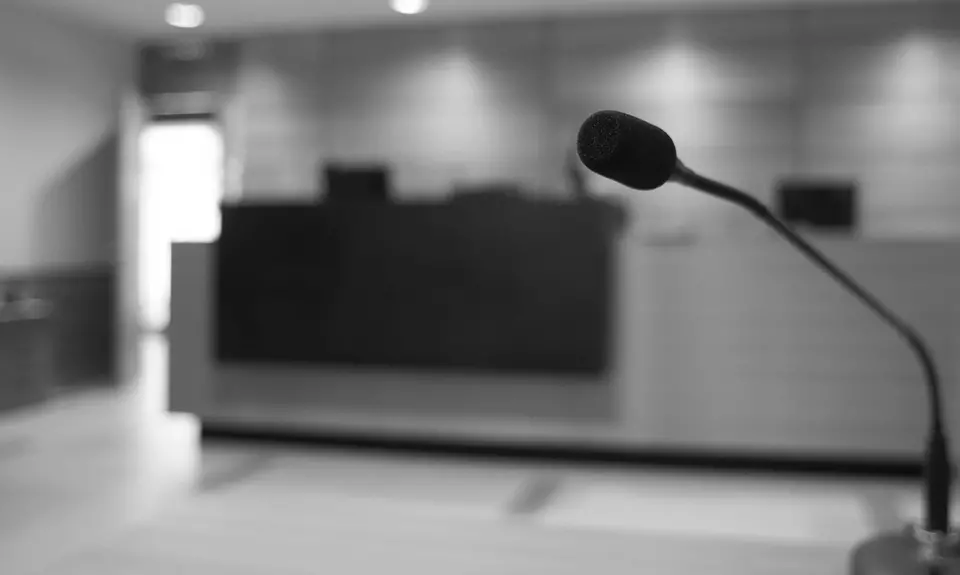“Confirmed Judges, Confirmed Fears” is a blog series documenting the harmful impact of President Trump’s judges on Americans’ rights and liberties.
In June 2019, Trump Tenth Circuit judges Allison Eid and Joel Carson voted with the majority against rehearing a decision raising a freedom of speech violation against a government employer who demoted an employee for testifying as a private citizen in a child custody matter. The case is Butler v. Board of County Commissioners.
Jerud Butler worked for the San Miguel County Road and Bridge Department and was promoted to district supervisor. Days after being promoted, he voluntarily testified as a private citizen in a child custody case between his sister-in-law and her ex-husband, who also worked for the County’s Road and Bridge Department. Butler would have been required to testify through a subpoena had he not done so voluntarily.
A couple of weeks after he testified, his employer conducted an investigation into his testimony. At the close of the investigation, Butler was given a written reprimand and then demoted.
Butler sued in district court, contending that his First Amendment right to free speech was violated when he was demoted for testifying. Butler lost and appealed to the Tenth Circuit U.S. Court of Appeals. A three-judge panel of the Tenth Circuit agreed with the district court and concluded that Butler’s First Amendment rights were not violated because his testimony was not a matter of political, social or public concern. Butler petitioned the full Tenth Circuit for a rehearing, but the majority of the court, including Eid and Carson, denied his petition.
Four judges disagreed with the denial of a rehearing, arguing that the suggestion that the custody of a child does not involve a matter of public concern is untenable. Further, sworn testimony in judicial proceedings weighs strongly in favor of treating speech as a matter of public concern. The threat of employer retaliation destroys not only the judiciary’s ability to uncover the truth, they noted, but also the constitutional protections intended to support the truth seeking process. The precedent established in this case forces public employees to choose between their jobs and the obligation to tell the truth when called to judicial proceedings.
